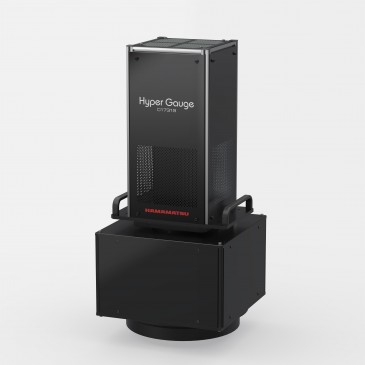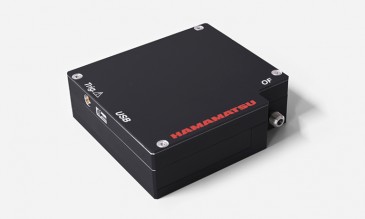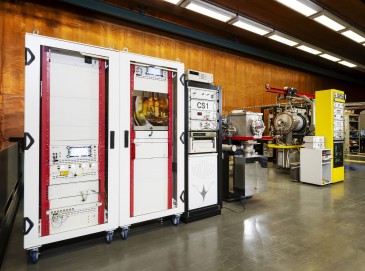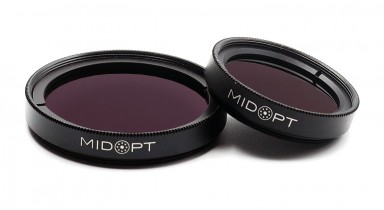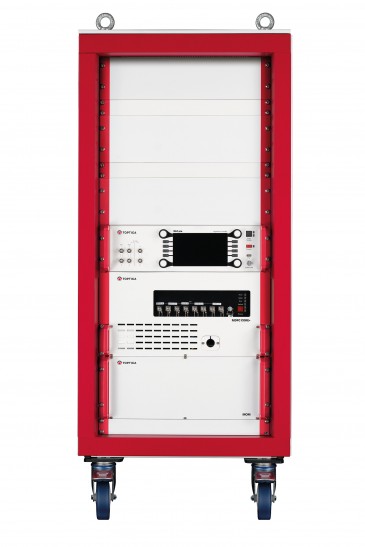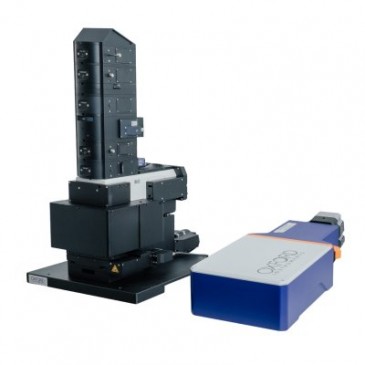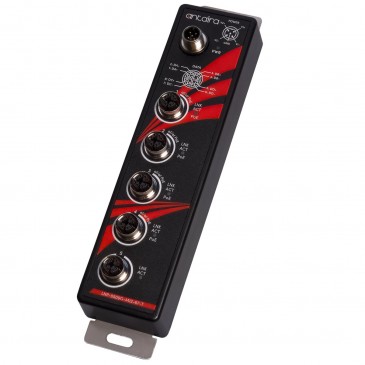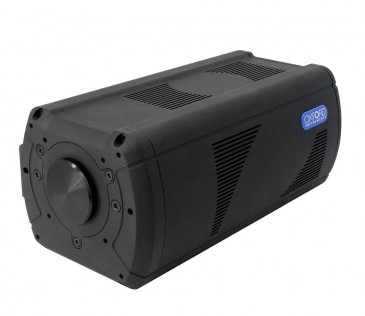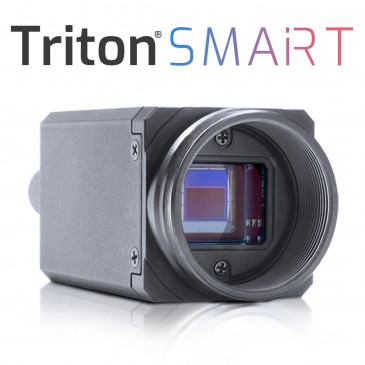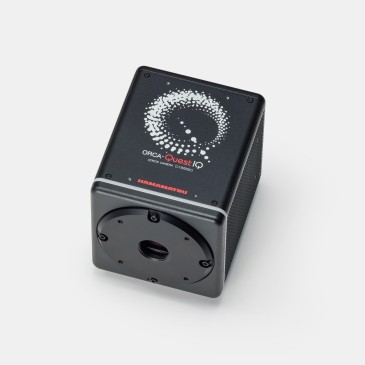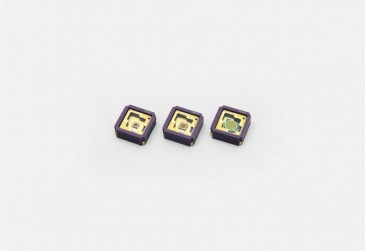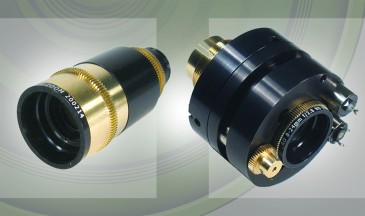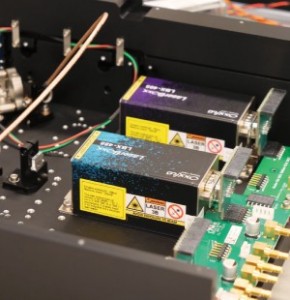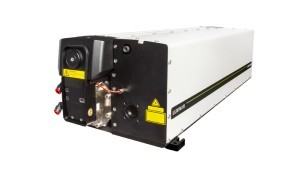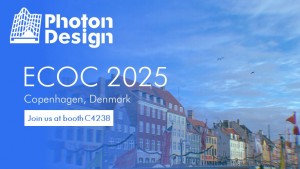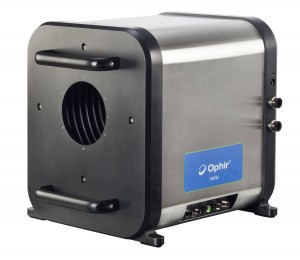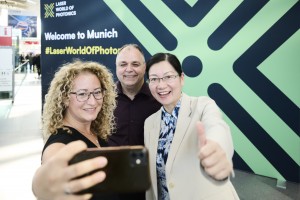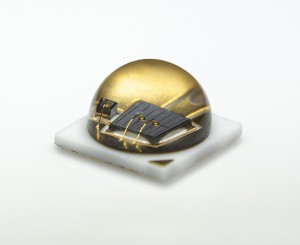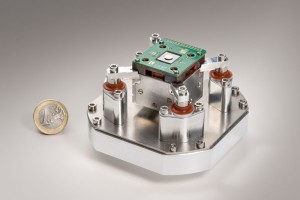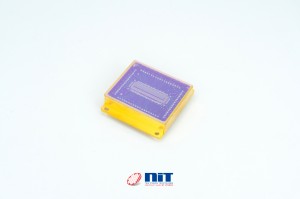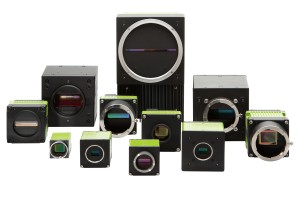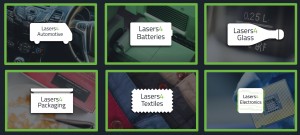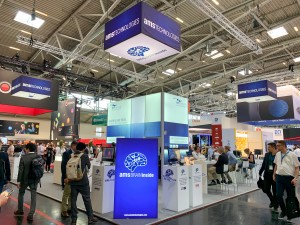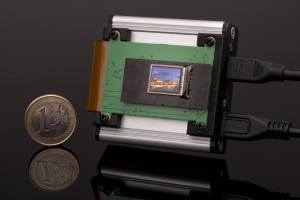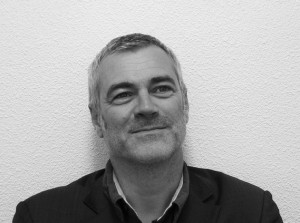
In this interview, Lidia Briquets, Programme Manager at EPIC, talks to Benoît d'Humières, Founder of Tematys, a French company providing strategic and technical services to companies and research institutions aiming to develop and commercialize advanced photonic technologies.
What’s the background to you cofounding Tematys?
In 1989, after completing a degree in Engineering and Electronic Instrumentation at ESPCI Paris, I went to the University of Florida to work as a researcher. I then moved back to France to work for Erdyn, a specialist in innovation consulting. This was a great learning experience because I covered all fields, especially energy and the environment, and learned a lot about all the industries that are now the application markets of photonics.
After 5 years, I started working as an independent consultant, and in 2009, I became a Senior Consultant at Tykya, a Paris-based consulting firm specializing in technological management and strategic advisory services, At Tykya, I met Thierry Robin and Jacques Cochard the two other cofounders of Tematys, and in 2010, we decided to set up our own consultancy specialising in marketing consultancy services for companies and research institutions working in the field of photonics.
What drew you to consultancy and why photonics?
I have a background in physics, chemistry and instrumentation and I've always been passionate about science but without the desire to be a researcher and focus on just one topic. So, I found marketing and consultancy a perfect fit for me as I was able to keep one foot in science and the other in business.
As regards photonics, at Tematys, we noticed that photonics companies wanted consultants who understood the increasing complexity of the technology, for example, who were not lost talking about cold atoms or plasmon resonance. We all had extensive experience in innovation and marketing in the photonics industry, and detecting a gap in the market, we set up Tematys to specialise in marketing and project management services for the photonics industry.
What services do you provide, for what type of companies, and what are the main challenges?
Around 25% of our clients are big companies, for whom we help source photonic technologies and provide advice on marketing strategies. The main challenge with big companies is that because they know the technology and the markets very well, we have to work hard to provide them with very accurate data and advice either on something that they have not yet found themselves or which they can cross check with what they know already know.
40% of our clients are SMEs and startups who want to develop a new product or a new business. The big challenges here are deciding which application will be a good market, which segment the company should enter and whether the product should be defined as a component, a module, a subsystem, a lower-end product or a full system.
With startups, we have to explain that it will take a long time to go through all the processes required to industrialise their products especially when the technology is disruptive. In this case, the challenge is not only to mature the product and the technology, but also to mature the demand. There is also the question of reliability. Startups need to understand they are dealing with industry, so data sheets need to contain exact figures, the product has to be manufacturable and the lifetime has to be the one promised. The other challenge is that because startups don’t have much money, our recommendations have to be right first time.
25% of our business is with research organizations who want to license their technology. The issue here is to understand how the technology can be used, for which applications, and which companies might be a candidate for licensing the technology. The remaining 10% of our clients are associations like EPIC and institutions such as the European Investment Bank for whom we provide statistics about the photonics industry.
What have been your main personal challenges?
Hiring the right people. We have 245 clients in 22 countries, and because we are a small team of seven people, we need to recruit people who are good team workers but who can also be very autonomous. Each team member has to work on three to four projects simultaneously involving different technologies. They have to be able to switch from one topic to another immediately, learn new things quickly and be able to talk with world experts in their field about future applications without being an expert themselves. We therefore look for people with a strong physics background who are also good communicators. Some people love this type of work while others find it stressful and intimidating, and determining who will be a good fit for the job is difficult at a first interview.
How do you see the future of European photonics industry?
The European photonics industry is growing much faster than most other industries. Regular photonics, like spectrometers, hyperspectral cameras, advanced lighting etc, will keep growing well, but at the same time, there is a major trend in miniaturization. There are now micro-spectrometers, micro-optics combined with PICs and other types of miniaturized photonics - not only be for telecom but also for AR/VR devices, micro displays, smart glasses and other wearables.
But with miniaturization comes the need to develop the processes to manufacture these components - not just PICs and wafer-based technologies but more diverse processes like laser surface processing. My hope is that companies in the European photonics ecosystem can take advantage of these new markets and that it’s not just left to the big players to exploit the opportunities.
What do you think about the current geopolitical situation?
We all welcomed the EU designating photonics as a key enabling technology and the European Chips Act to strengthen the EU's semiconductor ecosystem, increase its resilience, and reduce reliance on external suppliers.
Unfortunately, the plans for big chip manufacturing plants in Germany and France have been cancelled or postponed indefinitely, so there’s a big question as to what strategy for photonics Europe will adopt for the Framework Program 10 under currently negotiation (which will follow Horizon Europe). Of course, defence is one field but there are so many others such as space and miniaturized photonics, and as mentioned before, to be sustainable for Europe, European SMEs will need to be enabled to play a prominent role in future manufacturing.
What’s your advice for the next generation of entrepreneurs?
Firstly, photonics is a field that will continue to grow and there’s a real future in photonics not only for PhD students but also for technicians and others from a wide range of backgrounds.
Secondly, as regards entrepreneurship, many photonics technologies are in a tiny niche market. The technology you've developed in your PhD might be very good for a startup, but it probably won’t be sufficient to grow the company to an SME with 250 people. To achieve this type a growth you will need a long-term strategy: either the acquisition of another technology or another startup that’s complementary to the technology you’ve already developed or to merge or sell your business to a bigger company.
Finally, for those thinking of going into consultancy, I don’t think that AI can fully replace human for market studies. AI can only read the past and the future which is on the internet. The added value of Tematys is that we have an extensive network of contacts and we talk to people who are building the future. In short, you can only really understand and anticipate the future through human interaction. This is why joining EPIC is so important because it will give you the opportunity to meet and talk to a wide range of experts and exchange ideas and visions for the future.
Written by Lidia Briquets, Programme Manager at EPIC.




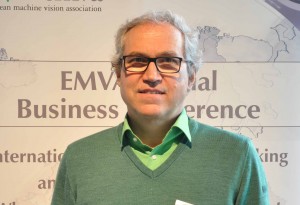
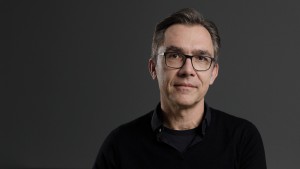
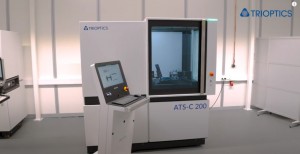



























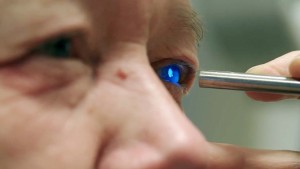

 Back to Features
Back to Features